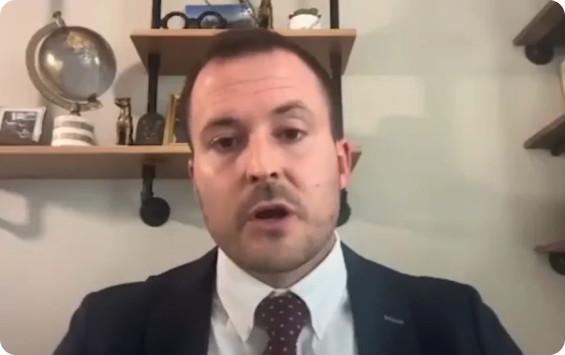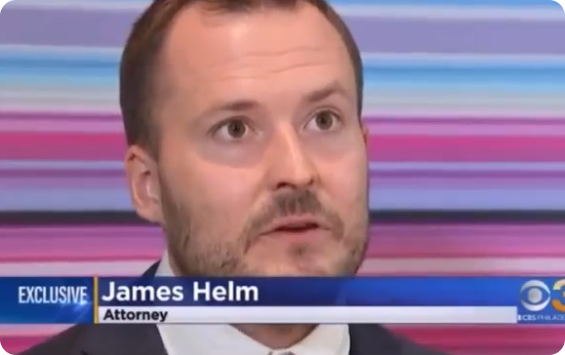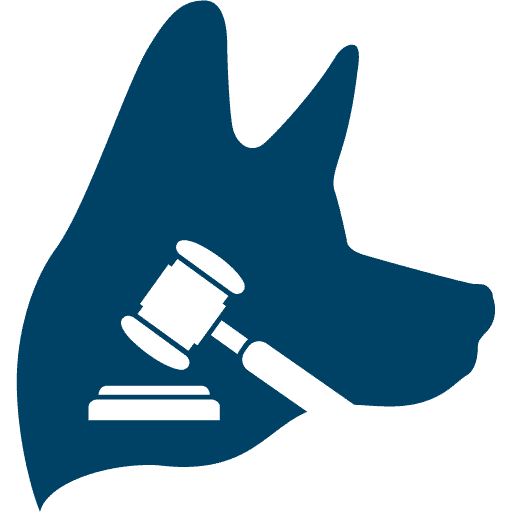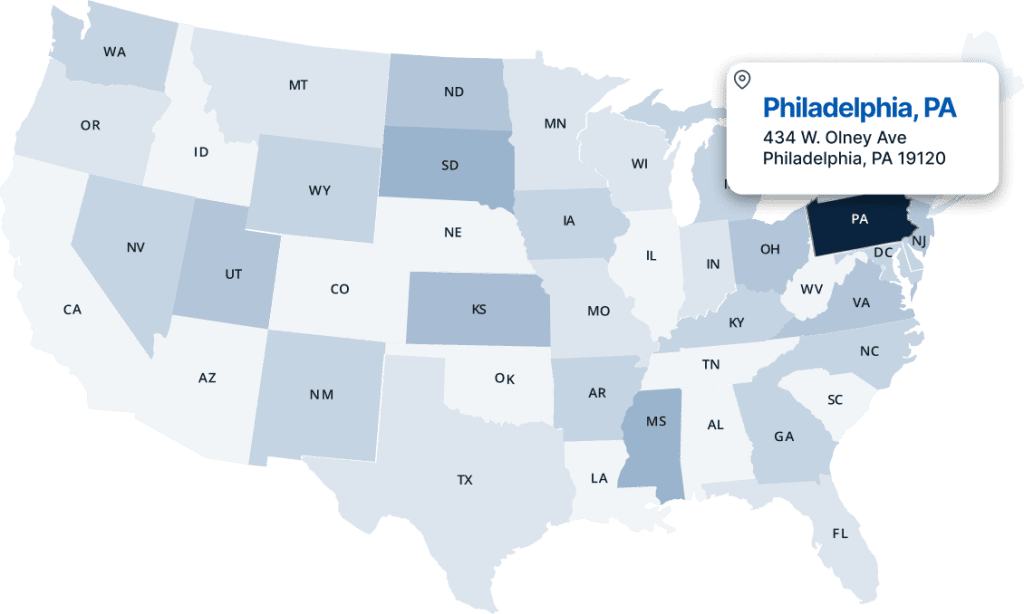Home » Pennsylvania Clergy Sex Abuse Lawyer
In 2018, a Pennsylvania grand jury report exposed a harrowing reality: more than 300 Catholic clergy members had sexually abused over 1,000 children across eight dioceses in Pennsylvania.
This shocking investigation revealed decades of cover-ups, systemic negligence, and a consistent failure to protect the most vulnerable. In Pennsylvania alone, the breadth of the abuse and its emotional toll on victims demand legal and social accountability to prevent future harm and support those affected.
For survivors of clergy abuse, this report brought long-awaited validation and the potential for legal recourse. Thankfully, Pennsylvania law provides survivors with avenues to seek justice, healing, and accountability.
TopDog Law has access to a national network of clergy abuse lawyers, and we assist survivors in finding compassionate and qualified legal representation.



In Pennsylvania, clergy abuse survivors have pathways to seek justice that include financial compensation to help them rebuild and heal.
For survivors of clergy abuse in Pennsylvania, there are two primary avenues to seek financial compensation: filing a civil lawsuit or applying to a diocesan compensation fund. Each option has distinct processes, types of compensation, and potential legal implications.
A civil lawsuit is a legal claim filed in court that seeks to hold the abuser and, in many cases, the institution responsible for damages. In Pennsylvania, clergy abuse survivors who file civil lawsuits may be eligible for three types of damages, each addressing different aspects of the harm suffered:
In response to increased awareness and public pressure, several dioceses in Pennsylvania have established independent compensation funds for survivors of clergy abuse. These funds aim to provide financial assistance without requiring survivors to file a lawsuit. While the structure and guidelines vary by diocese, diocesan compensation funds generally include the following characteristics:
Pennsylvania clergy abuse lawyers work closely with survivors to calculate damages that fairly represent the impact of the abuse. Key steps include:

The 2018 Pennsylvania grand jury report exposed widespread sexual abuse and institutional concealment within the Catholic Church, investigating eight dioceses across the state.
The report highlighted a pattern of church leaders concealing abuse and reassigning accused priests rather than removing them from ministry. However, some recent efforts at reform were noted:
Pennsylvania’s legal system has evolved to provide pathways for survivors of childhood abuse to pursue compensation, accountability, and closure, even if the abuse happened years or decades earlier.
The statute of limitations refers to the legally defined timeframe within which a survivor can file a lawsuit after an incident. In most circumstances, the window to file a case is short, typically only a few years from the date of the incident.
In recent decades, lawmakers have realized that survivors of abuse face unique challenges, as many individuals may take years to process their trauma and make the decision to pursue justice. Under 42 Pa. Cons. Stat. § 5533(b), the following timeframes apply:
However, despite these extended timelines, some survivors remain unable to pursue justice because the statute of limitations has already expired.
In response, Pennsylvania lawmakers have proposed a two-year revival window—a temporary period allowing survivors to file lawsuits even if the original statute of limitations has expired. Although not yet enacted, this proposal continues to gain support from advocacy groups and legislators.
While legal options exist, survivors pursuing clergy abuse cases in Pennsylvania often face complex challenges. These include:
If you’re ready to pursue justice for clergy abuse, here is how we recommend going about it to give yourself the best chance at holding those responsible accountable:

Taking a stand against clergy abuse is a powerful step toward healing, accountability, and change. Our network of Pennsylvania clergy abuse attorneys are here to help survivors achieve these goals, providing the compassionate legal support needed to confront abuse and ensure that those responsible are held accountable.
If you or someone you know has been impacted by clergy abuse, don’t face this journey alone. Call TopDog Law Personal Injury Lawyers today at 214-544-3707, and we will connect you with an attorney who is ready to advocate for your rights and work tirelessly on your behalf.

434 West Olney Avenue
Philadelphia, PA 19120
TopDog Law is known for its relentless pursuit of justice. Our experienced team fights tirelessly to secure maximum compensation for our clients, ensuring every case is handled with dedication and determination.
We understand the emotional and financial toll that personal injuries can take. That’s why we prioritize open, compassionate communication and provide tailored support throughout the legal process. With free consultations and a contingency fee model, you won’t pay a dime unless we win your case.
With TopDog Law on your side, you can rest assured that you have a tenacious, experienced team fighting to get you the compensation you deserve, no matter where you’re located.

TopDog Law is a national marketing network for law firms, including Helm Law Group, LLC, which license the TopDog Law name and separately operate in states where they are each licensed. James Helm is licensed to practice in Arizona and Pennsylvania. Helm Law Group, LLC operates in Arizona.
3225 Cumberland Blvd, Ste 100
Atlanta, GA 30339
1 South St, Suite 2125A
Baltimore, MD 21202
950 22nd Street N. Suite 600
Birmingham, AL 35203
361 Newbury Street, 3rd Floor
Suite 310
Boston, MA 02115
305 E 204th St.
Bronx, NY 10467
215 E 5th St, Unit 1 Suite 400-3
Brooklyn, NY 11218
1207 Delaware Ave, Suite 012
Buffalo, NY 14209
101 N Tryon St. Suite C
Charlotte, NC 28246
6343 S Western Ave.
Chicago, IL 60636
2215 E 9th St, Suite A
Cleveland, OH 44115
4750 44th Place, Suite 120-P23
Phoenix, AZ 85040
1300 S Polk St Suite 295B
Dallas, TX 7522
66 S Logan St Suite B
Denver, CO 80209
645 Griswold Street, Suite 1309
Detroit, MI 48226
2925 Richmond Ave., Suite 1560A
Houston, TX 77098
863 Massachusetts Ave 2nd floor Suite B
Indianapolis, IN 46204
317 E Capitol St suite 200C
Jackson, MS 39201
1701 Troost Ave suite 202b
Kansas City, MO 64108
#8 Shackleford Plaza, Suite 304
Little Rock, AR 72211
8124 W 3rd St, Suite 201
Los Angeles, CA 90048
3385 Airways Blvd Unit 301F
Memphis, TN 38116
1433 N Water St Suite 400D
Milwaukee, WI 53202
600 Mount Prospect Avenue, Suite A
Newark, NJ 17104
66 Franklin St, Suite 300C
Oakland, CA 94607
5627 Germantown Ave Suite 420
Philadelphia, PA 19144
2700 N Central Ave Suite 320B
Phoenix, AZ 85004
6425 Living Place, Suite 200B
Pttsburgh, PA 15206
4625 Lindell Blvd Suite 200 & 300C
St. Louis, MO 63108
5055 E Broadway, Suite C215-228
Tuscon, AZ 85711
1150 Connecticut Ave NW, Suite 802B
Washington, DC 20036
6832 W North Ave Suite 2A
Chicago, IL 60707
3509 Haverford Ave, Suite 102
Philadelphia, PA 19104
Copyright 2025 All Rights Reserved © TopDog Technologies, Inc. and Helm Law Group, LLC
403 Olde House Lane Media, PA 19063
